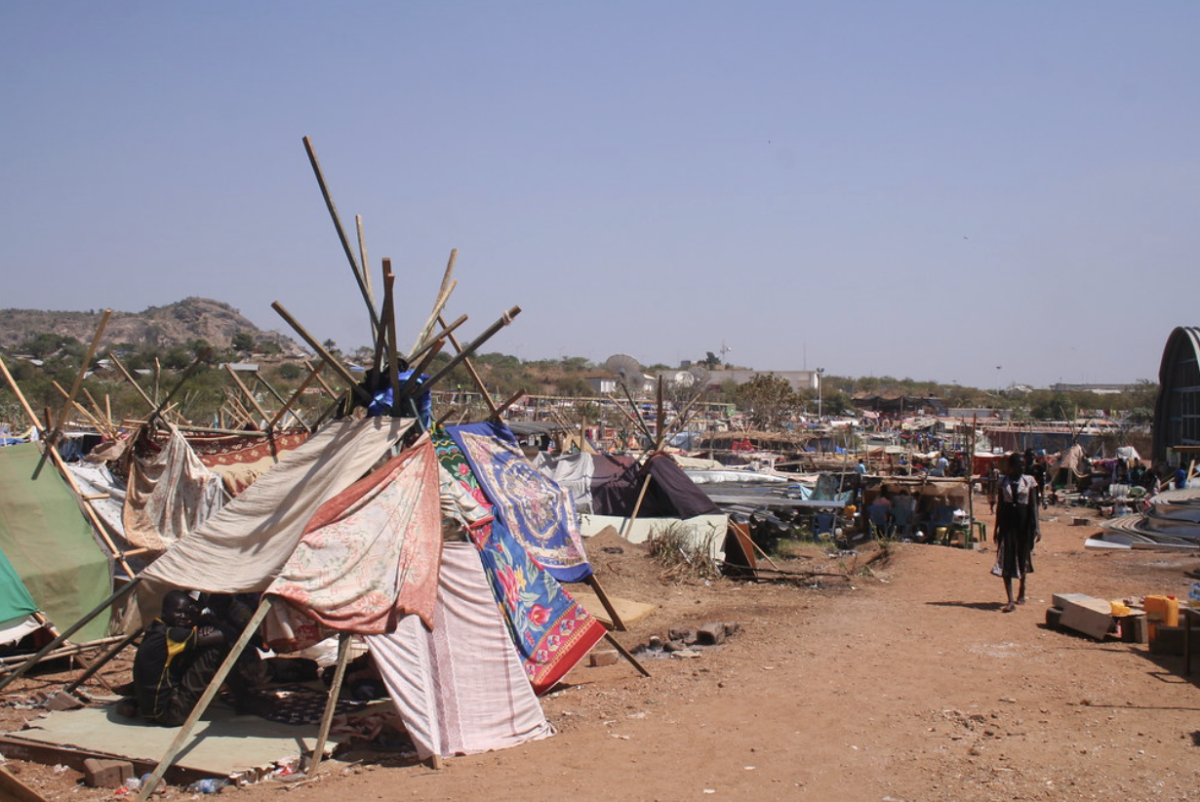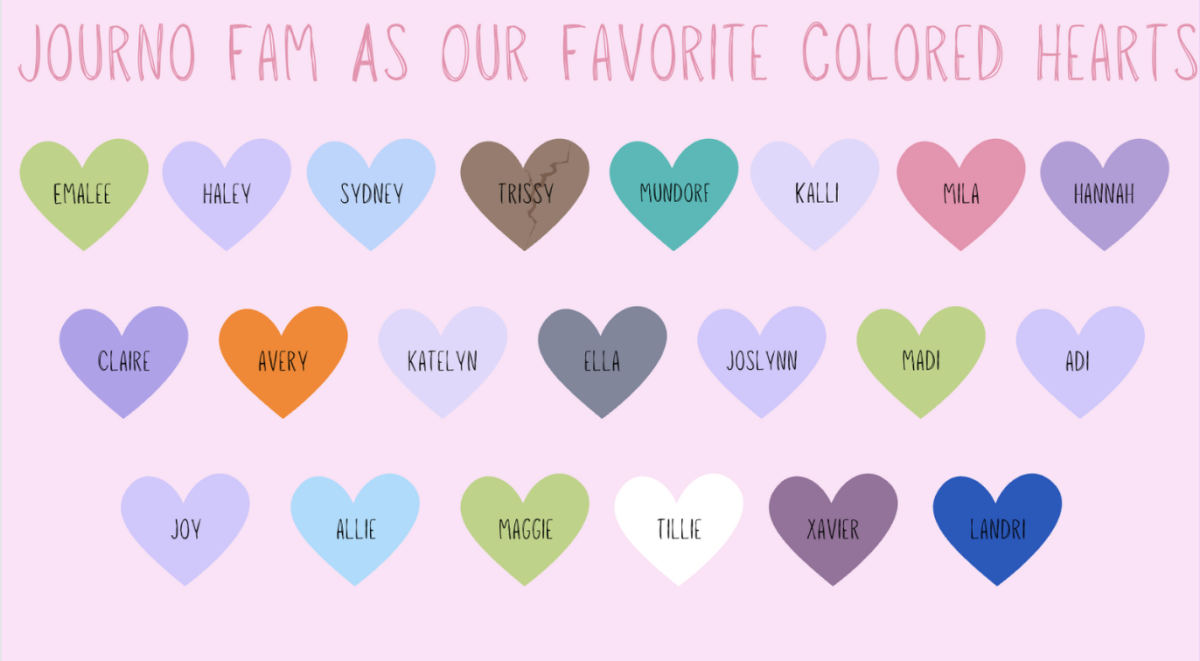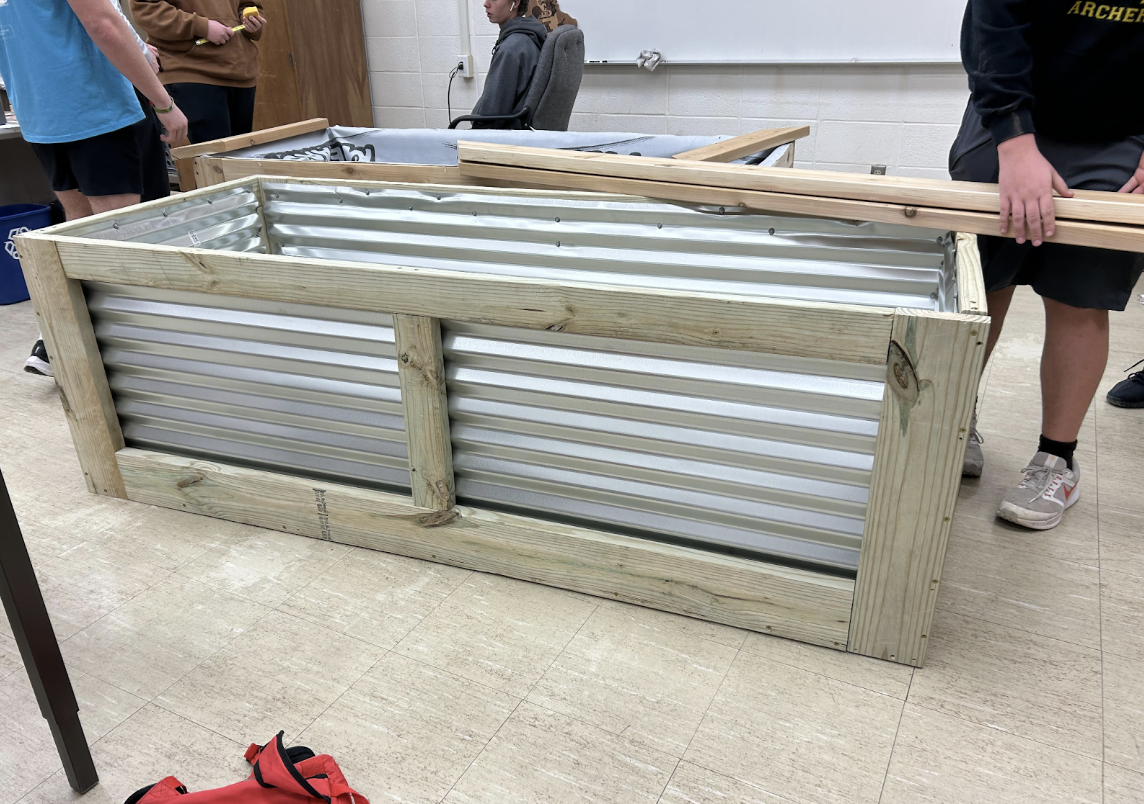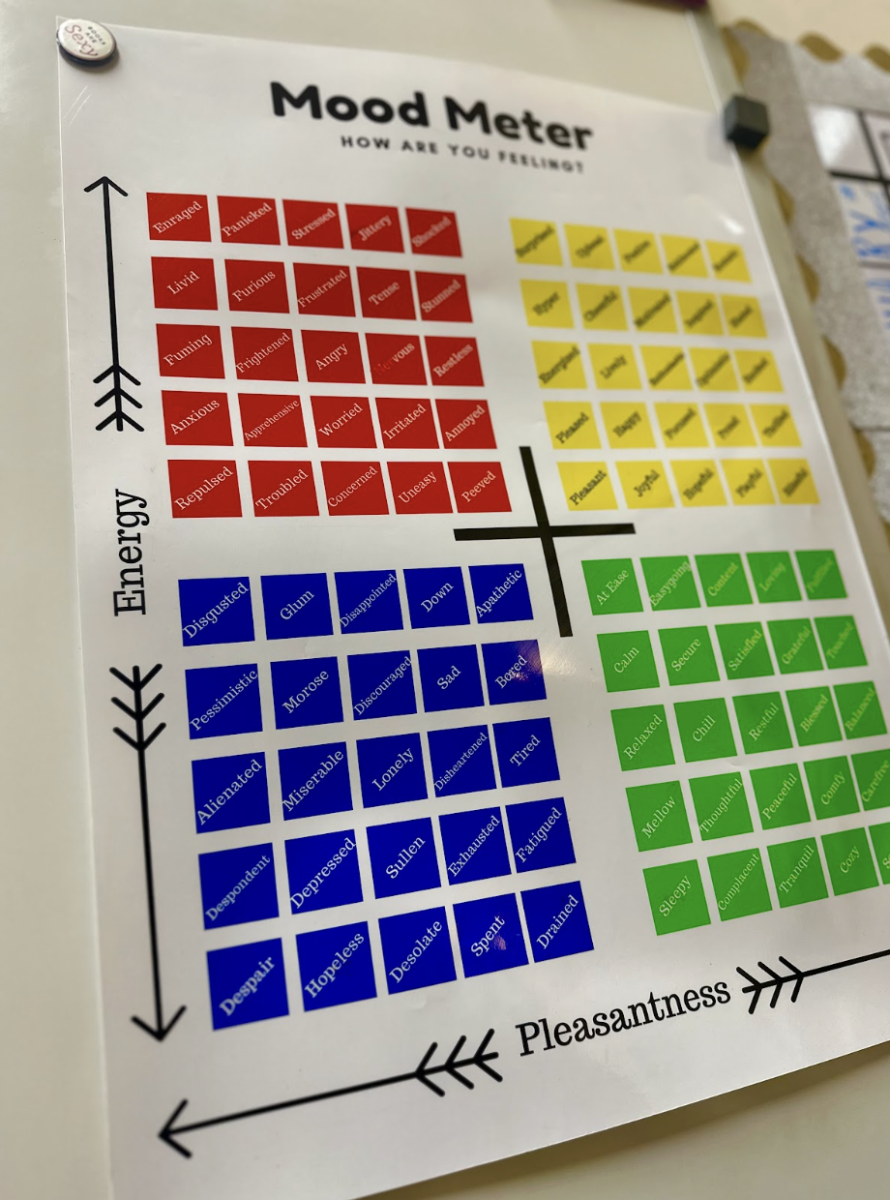Normally, when a big event occurs worldwide, people are informed via news channels or websites. Just recently millions tuned in to the Super Bowl to watch a sub-par Doritos commercial, Taylor’s boyfriend, and Usher take his shirt off. To many Americans, the Super Bowl is very important, a tradition even, but it’s not nearly as important as what is happening in warring countries. Even so, major news sources give only some struggling nations publicity. This should not be the case. No matter how big or small a conflict is, all wars should get equal coverage from big news companies, so the world knows what is going on. Those wars can heavily impact other nations.
Currently, there are big conflicts in small countries all over the world. Many people don’t know about them because updates and stories regarding the ongoing disputes in Ukraine and Palestine cover them up. Many of these countries are third-world countries that don’t have the resources for war. This begs the question: “Why should we care?” The answer to this question is quite simple. When other countries face conflict, it’s like a ripple effect of repercussions that affect the rest of the world. A prime example is the world’s trade system. Ports used for importing and exporting the world’s food and materials are scattered all over the globe. When countries in the Middle East and Africa are dealing with internal corruption, the shipments of goods that are usually exported from their ports are halted by blocked routes due to militia activity and fleeing citizens. For example, the Middle East is the world’s largest oil provider. Whenever a Middle Eastern nation deals with conflict, the oil that is exported gets delayed or stopped completely, and as a result, the cost of gasoline and diesel in the United States increases. According to an article from Forbes written in 2020, the Middle East provides a third of the world’s oil supply. Disruption in third-world countries has been occurring for decades, but currently, the countries facing turmoil are increasing in number.
As of late, many nations are struggling with internal stability. Some examples are Sudan and the Democratic Republic of the Congo (DRC). In 2023 Sudan experienced rapid degradation within its population. According to an article from the International Rescue Committee published in January of this year, half of the country’s population was in dire need of humanitarian aid. Citizens of Sudan have been experiencing political and social unrest and an ever-growing increase in impoverished communities. Two main military groups have clashed with each other since 2023. These include the Rapid Support Forces (RSF) and the Sudanese Armed Forces (SAF). According to a statement by the United States Mission to the United Nations, RSF and their allies have been destroying villages, assaulting women and young girls, kidnapping men and boys, and executing anyone who tries to escape them. An article from April of 2023 explains that the RSF and the SAF were once allied in an attempt to extinguish an uprising that took place in the 2000s. Currently, however, the Sudanese Armed Forces have been combating the advancement of the RSF. The war between the two has only caused the conditions of the country to worsen. The violence in Sudan has made humanitarian outreach almost impossible. Thousands of Sudanese natives have been displaced, abused, assaulted, or killed as a result of the heightening civil war. The same tragedies are occurring further south in the Democratic Republic of the Congo.
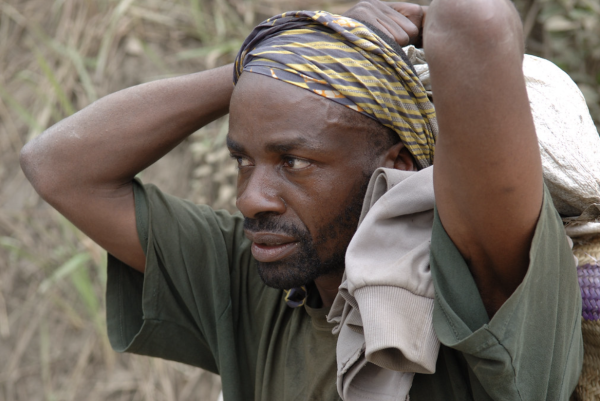
The disruption in the DRC is one of the largest unheard-of atrocities that the world should know about. The one major news source that I could find that has a story on Google was the New York Times. An article published by the Times states that a Rwandan-backed insurgent group called M23 has gained control over routes that lead to Goma, the capital of the Northern province of the DRC. In June of 2023, Human Rights Watch reported that M23 and Rwandan soldiers have been criminally murdering and raping Congolese civilians along with shelling communities and ransacking them. Politics, resources, and the straining relations with their neighboring nation of Rwanda have made the DRC a living nightmare. According to the Global Conflict Tracker, 7 million Congolese natives have been displaced due to the growing mining operations, poverty, and the looming presence of rebel violence.
The world can’t be oblivious to these raging wars. It may seem to those who have a safe place to live and food to eat that these problems aren’t important, but they most definitely are. People are dying. They are being run out of their homes and watching as their friends and family are being slaughtered by corrupt militia groups and rebels. The nations of the world cannot just sit by without knowing what is happening.


